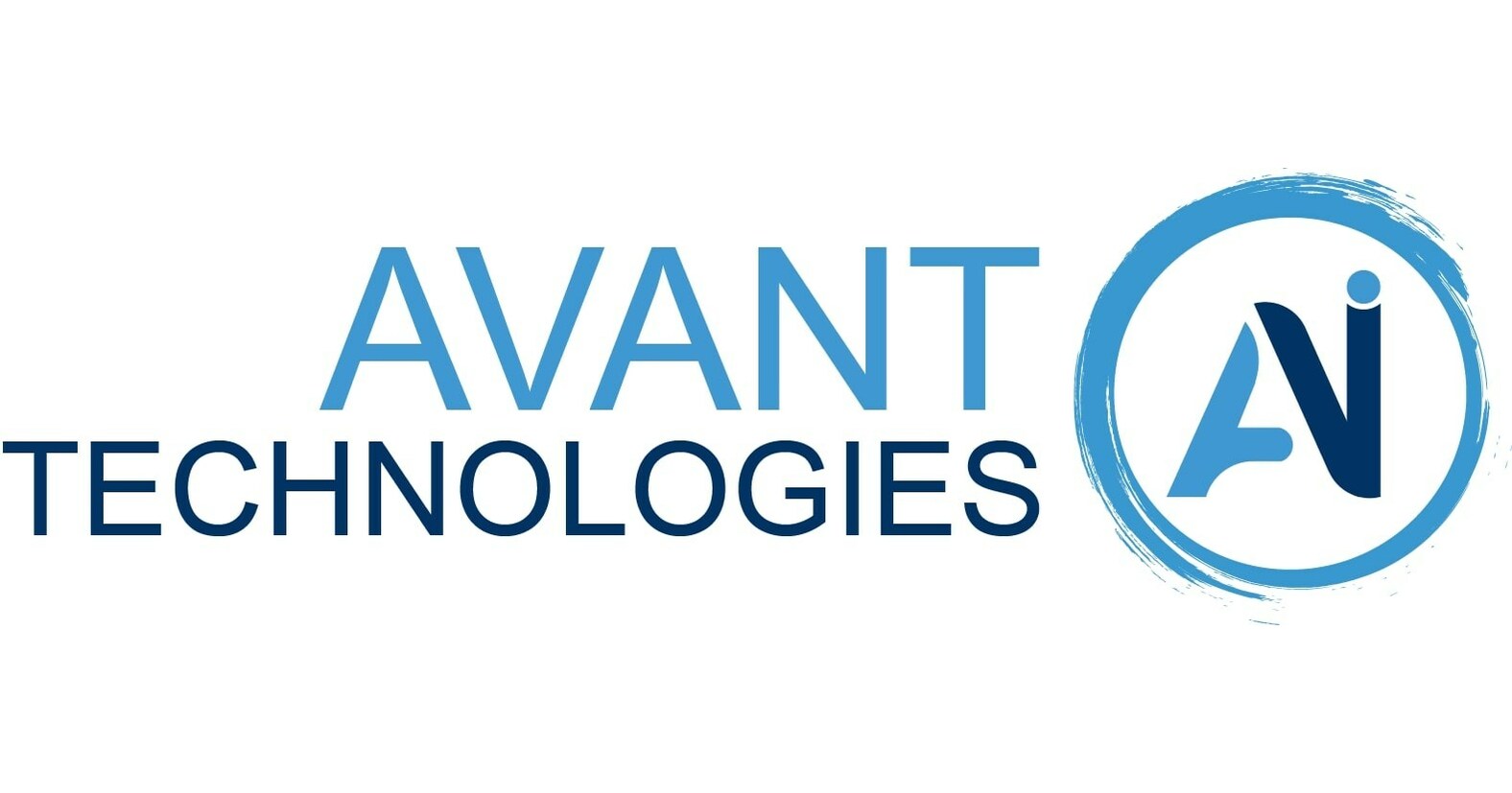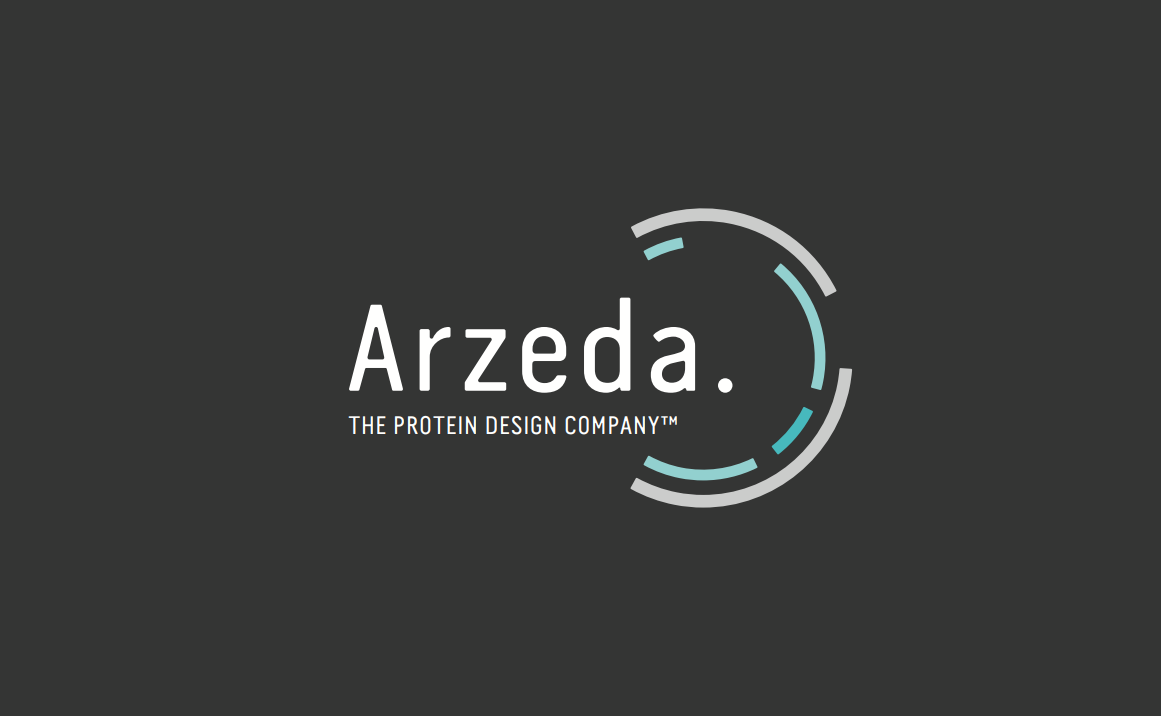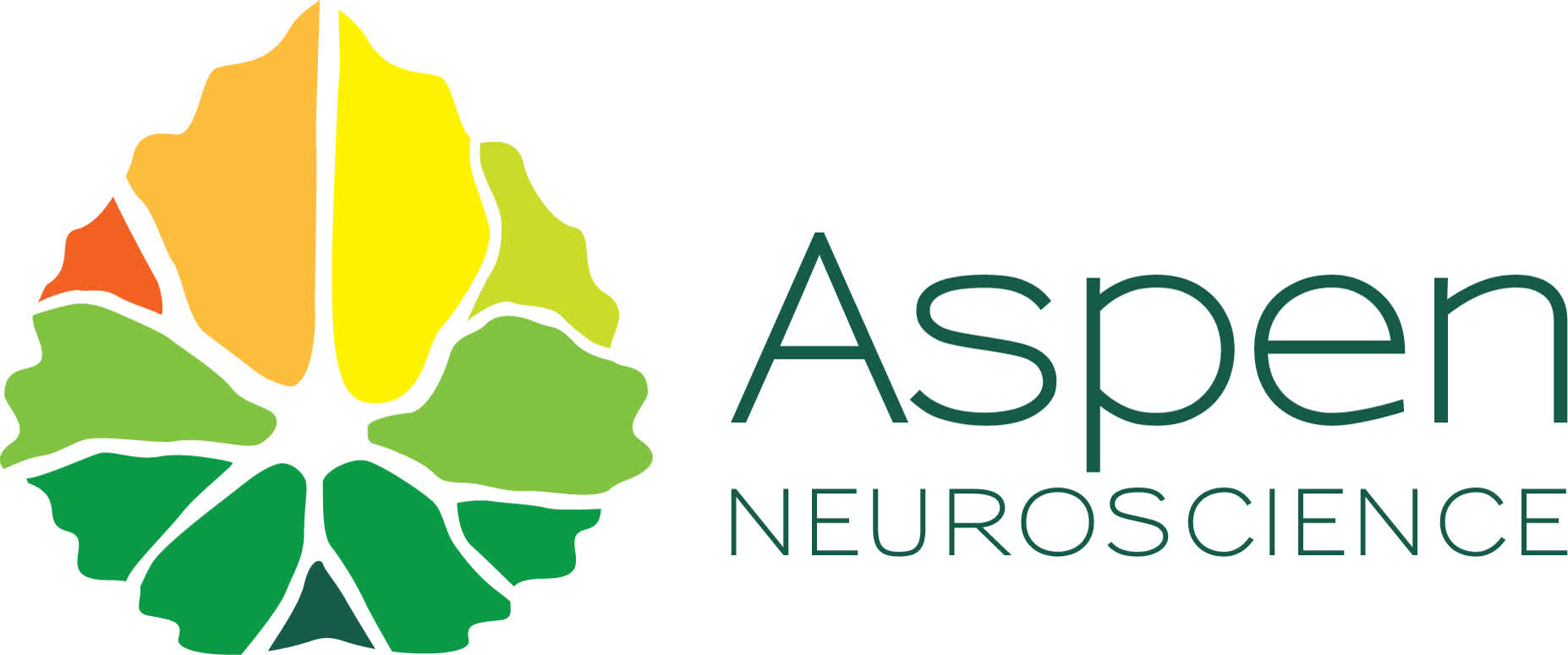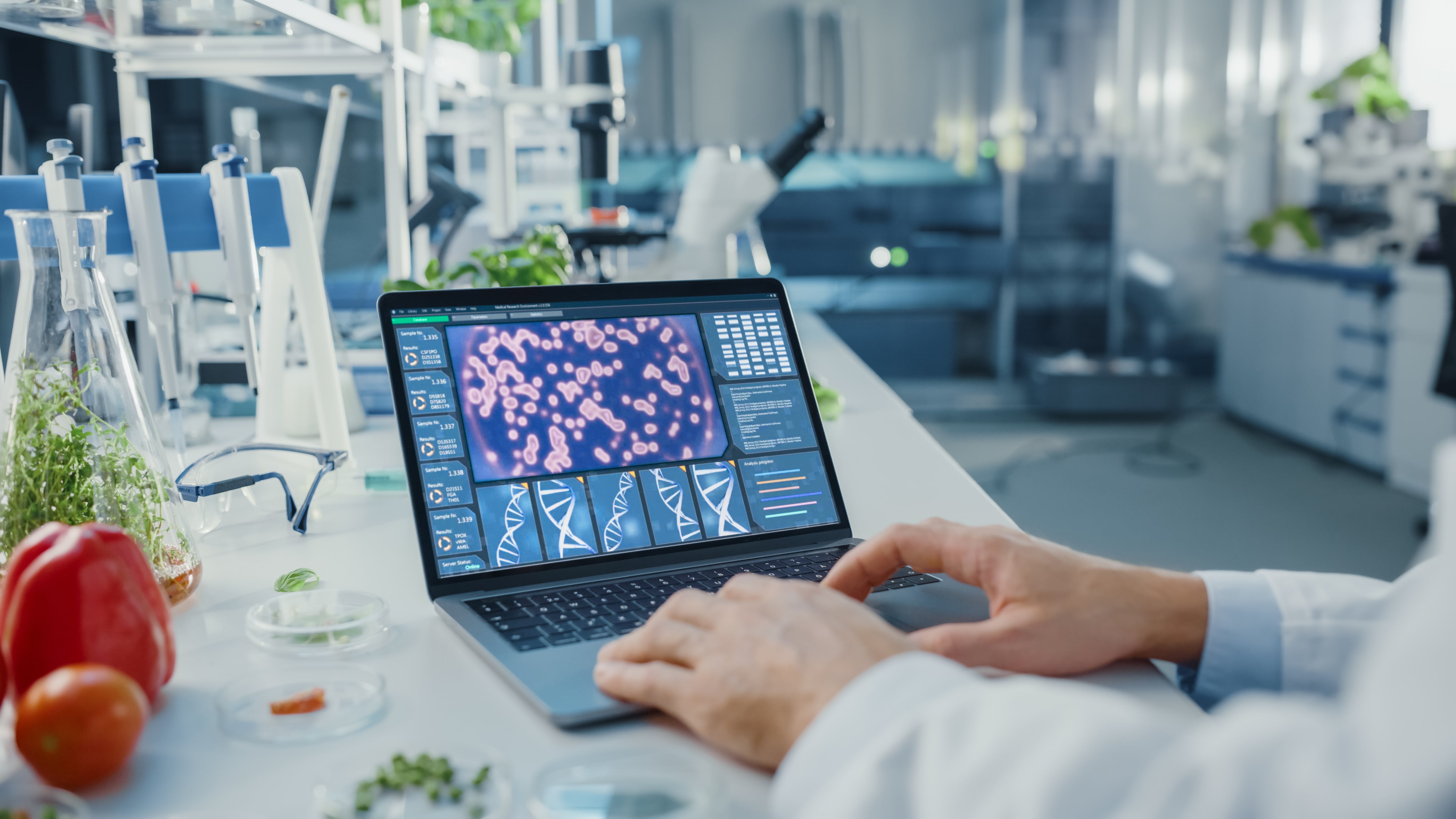Twist Bioscience Closes $37 Million Series C to Accelerate Commercial Scaling of Silicon-Based DNA Synthesis Platform
Following Twist Bioscience’s alpha manufacturing launch in April, the company is now focused on validating the fit between their silicon-based DNA synthesis platform and the wide variety of customer needs for synthetic DNA. The recently announced $37 million Series C financing led by Illumina will allow them to accelerate into a beta commercial launch this fall and expand their technology.
"In addition, we intend to pursue strategic opportunities to add product capabilities and services to further enhance the Twist Bioscience user experience.", said Emily Leproust, CEO, Twist Bioscience.She added:
“We are pleased to have Illumina as an investor, there is a lot of synergy between reading DNA and writing DNA, and this combination can be very powerful. They are the leaders in DNA reading, we want to be in the same position for DNA writing”.
Twist also announced that Nicholas J. Naclerio, Illumina’s senior vice president of corporate development, will join the board of directors.
Twist Bioscience: Total Raised Now $82.1 Million
Since the company’s founding in 2013, the company has raised a total of $82.1 million to develop a technology for the mass production of high-quality synthetic DNA at low cost. The biggest challenge in the past two years, according to Emily, has been to move the technology, resources, employees and funding at the same pace.She also told SynBioBeta that Keith Crandell, co-founder and Managing Director of ARCH Venture Partners was the first angel investor and has been the biggest and strongest supporter from the beginning.“We probably got 50 no’s before we got a yes. It’s the nature of a startup”, she added. “But when you believe in something, you have to push for it.”
A Passion for a Sustainable Bioeconomy
Leproust has told SynBioBeta in the past about her passion for doing good with the technology.
Our lifestyle is very difficult on the environment. It’s expensive and it’s harmful; there needs to be another way.
There is a growing demand to replace petroleum-derived products with more sustainable, biobased products. There is also growing demand to produce food more efficiently, because in the next three decades the planet will need 60% more food to feed the human population. Twist’s silicon-based DNA synthesis platform could greatly accelerate the sustainable production of biobased chemicals, food, biomaterials and medicines. By using synthetic DNA as opposed to performing time-consuming molecular cloning experiments, scientists are free to dedicate more time to other projects.Twist Bioscience’s ~10,000-well silicon technology accelerates the synthesis of DNA by ~100 times, when compared to the traditional 96-well plate. Silicon is a better conductor of heat than the plastic-based approach, speeding up the DNA synthesis reactions. The platform reduces the amount of reagents from microliters to nanoliters, decreasing costs.

Patrick Finn, VP Sales and Marketing at Twist Bioscience at SynBioBeta London 2015.Please leave your comments or questions below.




.svg)









-min.png)

.gif)